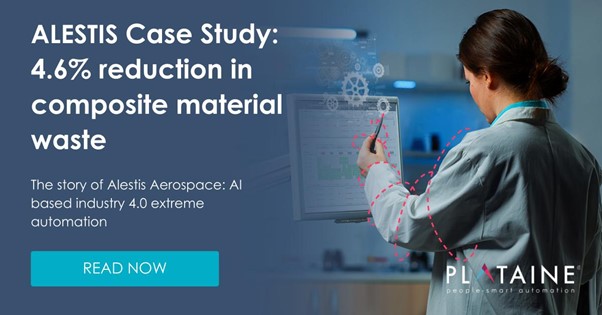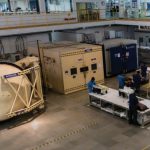Glossary
What is Digital Transformation?
Digital transformation is the integration of digital technologies into various aspects of a business, including production, supply chain management, customer engagement, and other core processes. In the manufacturing industry, digital transformation is rapidly changing the way products are designed, produced, and delivered to customers. This transformation is being driven by the need to improve operational efficiency, reduce costs, and enhance customer experiences.
The adoption of digital transformation in the manufacturing industry is essential for companies to remain competitive in today’s fast-paced and ever-changing market. Digital transformation allows manufacturers to respond quickly to market changes, streamline their operations, and reduce costs. Additionally, digital transformation enables manufacturers to improve product quality, enhance supply chain management, and adopt a more customer-centric approach.
Advanced Technologies Involved in Digital Transformation
Several advanced technologies are driving digital transformation in manufacturing. These technologies include the Internet of Things (IoT), artificial intelligence (AI), big data analytics, and cloud computing. By leveraging these technologies, manufacturers can collect and analyze vast amounts of data, automate processes, and gain insights that can improve production efficiency, reduce waste, and enhance the quality of products.
IoT and Its Role in Digital Transformation
IoT technology is transforming manufacturing operations by enabling devices and machines to communicate with each other and with humans. This technology is enhancing data collection, analysis, and decision-making processes by providing real-time data on production processes, supply chain management, and customer behaviour. For example, sensors embedded in production equipment can detect defects or anomalies in real-time, allowing manufacturers to make necessary adjustments quickly. By leveraging IoT technology, manufacturers can improve their operational efficiency, reduce downtime, and increase the overall productivity of their factories.
AI and Big Data Analytics for Data Analysis and Insights
AI and big data analytics are being used in manufacturing to analyze vast amounts of data generated by IoT devices, identify trends, and gain insights that can improve production processes and customer experiences. AI algorithms can learn from data to predict machine failures, optimize production processes, and automate decision-making. For example, predictive maintenance algorithms can detect equipment failures before they occur, reducing downtime and maintenance costs. By leveraging AI and big data analytics, manufacturers can improve their operational efficiency, reduce costs, and enhance the quality of their products.
Cloud Computing for Easy Access to Data and Collaboration
Cloud computing is enabling easy access to data and facilitating collaboration among different teams within a manufacturing organization. This technology allows manufacturers to store and access data from anywhere, making it easier to share information among different teams. Cloud-based collaboration tools can also enhance communication and collaboration among team members, regardless of their physical location. By leveraging cloud computing, manufacturers can improve their operational efficiency, reduce costs, and enhance collaboration among team members.
 Smart Factories and Their Impact on the Manufacturing Industry
Smart Factories and Their Impact on the Manufacturing Industry
Smart factories are revolutionizing the manufacturing industry by leveraging digital technologies and automation to improve productivity, quality, and sustainability. These factories use IoT devices, AI, and big data analytics to monitor and optimize production processes, reduce waste, and improve the overall efficiency of the manufacturing process. Smart factories can also enhance sustainability by reducing energy consumption and minimizing environmental impact. By leveraging smart factory technology, manufacturers can improve their operational efficiency, reduce costs, and enhance the quality and sustainability of their products.
Customer-centric Approach and Customization
Digital transformation is enabling manufacturers to adopt a more customer-centric approach and offer greater customization of products and services. Manufacturers can collect and analyze customer data to gain insights into their preferences and behaviour, allowing them to tailor products and services to meet their specific needs. For example, manufacturers can use 3D printing technology to produce customized products at a low cost. By leveraging a customer-centric approach and customization, manufacturers can enhance customer satisfaction, increase brand loyalty, and drive revenue growth.
In conclusion, digital transformation is rapidly changing the manufacturing industry by leveraging advanced technologies such as IoT, AI, big data analytics, and cloud computing. Manufacturers that adopt digital transformation can improve their operational efficiency, reduce costs, enhance collaboration among teams, and provide greater customization to customers. Smart factories are leading the way in digital transformation by leveraging these technologies to optimize production processes, reduce waste, and enhance sustainability. As digital transformation continues to advance, it will become increasingly important for manufacturers to stay up to date with the latest technologies and practices to remain competitive in the industry.
Learn more
Proactive Intelligence In Manufacturing






